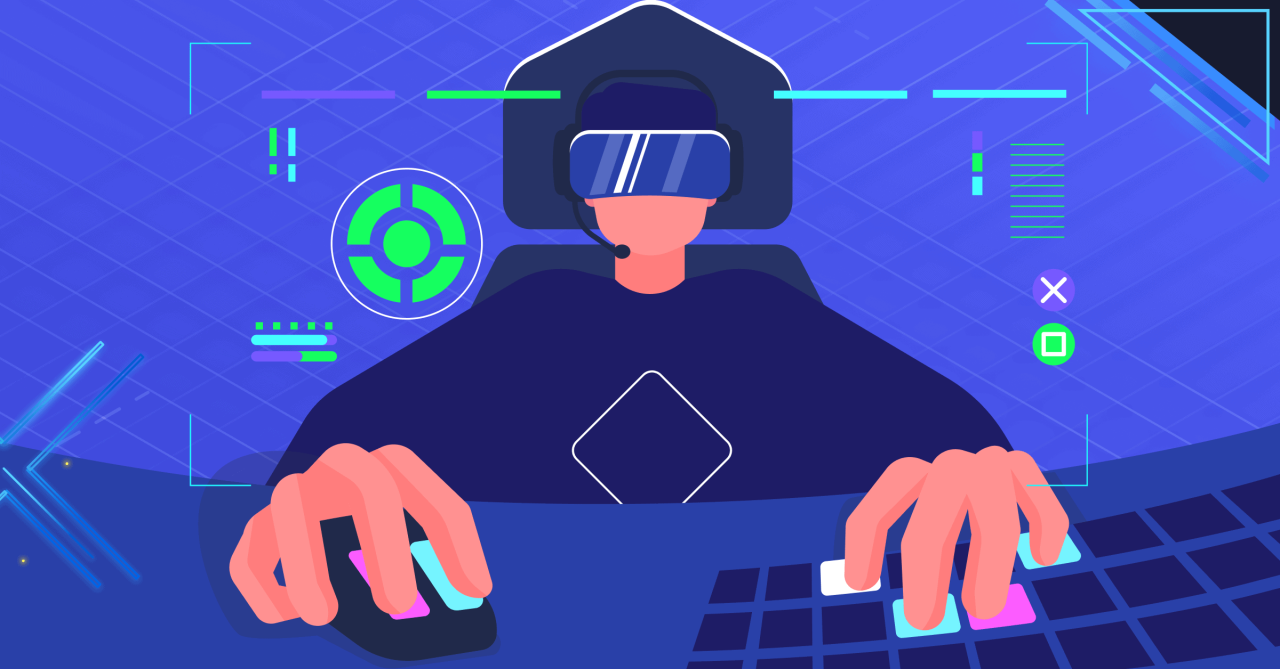For millions of people around the world, online gaming isn’t just a hobby — it’s a refuge. In an age of constant connection and digital overload, players turn to virtual worlds to relax, socialize, and express themselves. The psychology behind online gaming reveals something profound about human nature: our desire to explore, belong, and find meaning. But what drives this powerful attraction to virtual spaces, and why do these digital realms feel so real to us?Visit (무료슬롯) for more details.
Escapism and the Search for Freedom
One of the clearest psychological motivations behind online gaming is escapism. Everyday life comes with stress, expectations, and limitations, while virtual worlds offer freedom and control. Players can be heroes, explorers, or creators — identities that may feel impossible to achieve in the real world. This form of escapism isn’t necessarily negative. Research shows that healthy gaming can serve as a stress-relief mechanism, offering temporary detachment from reality’s pressures. In these digital landscapes, people can reset their minds, find balance, and experience a sense of mastery that daily life sometimes fails to provide.
The Power of Identity and Self-Expression
Online games give players something extraordinary — the chance to redefine themselves. Through avatars, players construct digital identities that reflect who they are, who they want to be, or even who they’ve never dared to become. This freedom of expression is psychologically liberating. In games like Final Fantasy XIV, The Sims Online, or Second Life, identity becomes fluid, shaped by creativity rather than conformity. For many, it’s an empowering experience that boosts confidence and self-awareness. The ability to experiment with identity helps players understand themselves better, creating emotional connections between their virtual and real selves.
Community and Belonging
Perhaps the most powerful draw of online gaming is the sense of belonging it provides. Humans are inherently social, and games offer spaces where friendships are formed and maintained across the globe. Guilds, clans, and online communities give players a sense of shared purpose and camaraderie. Even competitive games, despite their intensity, foster teamwork and communication. For people who struggle with social anxiety or isolation, online worlds can be lifelines — places where they can connect without judgment. This sense of belonging satisfies a deep psychological need and often transcends the boundaries of the game itself.
Achievement and Reward Systems
Another key aspect of gaming psychology lies in its structured reward systems. Online games are expertly designed to provide continuous feedback through achievements, levels, and progress bars. These systems tap into the brain’s dopamine pathways, delivering satisfaction with each small victory. Unlike real life, where goals may be vague or delayed, games offer clear objectives and instant recognition. This creates a cycle of motivation and fulfillment, where progress feels tangible. The sense of accomplishment, even in a digital setting, can improve mood and reinforce self-esteem — explaining why players often describe gaming as both relaxing and empowering.
Flow and Immersion
One of the most fascinating psychological states experienced in gaming is flow — a mental state of complete absorption and focus. When players are deeply engaged in a game, they lose track of time and external distractions fade away. Flow occurs when a game’s difficulty perfectly balances the player’s skill level, creating an optimal challenge. This state of immersion is not just enjoyable; it’s therapeutic. It reduces stress, enhances cognitive flexibility, and provides a feeling of purpose. Many players describe it as a form of mindfulness — a digital meditation where the world’s noise disappears.
Reality, Fantasy, and Balance
While gaming offers many psychological benefits, it also raises questions about balance. Too much escapism can lead to dependency, where virtual achievements replace real-world fulfillment. The key lies in understanding why we play. For most people, gaming is a form of recreation — a healthy outlet for creativity and connection. But when the line between virtual and real becomes blurred, problems can arise. Recognizing this balance is essential. Games are designed to engage, but it’s up to players to ensure that engagement enhances rather than replaces their real lives.
The Social Mirror of Virtual Worlds
Online games often mirror real-world dynamics — cooperation, competition, leadership, and morality. They become testing grounds for behavior and ethics, where players explore the consequences of their choices. Psychologists note that gaming can reveal aspects of personality otherwise hidden in daily life. For example, a shy person may become a confident leader in a multiplayer environment. In this sense, games act as social laboratories, allowing people to explore who they are and how they relate to others. This reflective quality makes gaming a powerful psychological tool for self-discovery.
Mental Health and Emotional Resilience
In recent years, online gaming has been recognized for its potential mental health benefits. Cooperative play can reduce loneliness, problem-solving challenges can enhance cognitive skills, and creative gameplay can relieve symptoms of anxiety and depression. Games like Animal Crossing: New Horizons and Journey became emotional havens during global crises, offering comfort and companionship. Of course, moderation remains key, but these positive effects highlight gaming’s evolving role — not as escapism alone, but as a form of emotional resilience and digital wellness.
Conclusion
The psychology of online play goes far beyond entertainment. It’s about identity, connection, achievement, and emotional balance. Virtual worlds offer players a chance to explore the best parts of themselves — creativity, courage, and empathy — in environments where imagination knows no limits. While escapism can be both a comfort and a challenge, gaming’s psychological impact is undeniable. It reflects the human desire to connect, to create, and to find meaning — even in pixels and code. In the end, we don’t just escape into virtual worlds; we discover parts of ourselves within them.Visit (무료슬롯) for more details.
